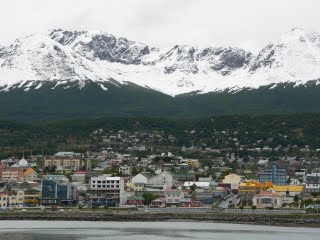There is a growing sense among Democratic lawmakers that an effort should be made to include GOP proposals in healthcare reform legislation in the wake of Thursday’s summit. This has given an opening to centrist Democrats who want to take on trial lawyers by reforming medical malpractice law. These centrists say that Republican policy makers have made a strong case for lawsuit reform and it would be in the best interests of healthcare reform to meet them part-way. News organizations have largely characterized the meeting between President Barack Obama and congressional leaders as a stalemate. But while some liberal activists say Democrats should ram legislation through the Senate using special budget rules that require only a simple majority vote, Democratic leaders have taken a different view. Speaker Nancy Pelosi (D-Calif.) said Friday that Obama “has a vision and he wants to build consensus.”So she says she intends to work with the Republicans. This week she says so, let's look back just a little. History Earlier in Februay she said she was taking a bipartisan group to Haiti; there must be beach resorts there. Off topic... Here again we see what bipartisan means. 12 Democratics and one Republican. Fox News via Michelle Malkin:
House Speaker Nancy Pelosi announced Friday that she is leading a 12-member “bipartisan” congressional delegation to Haiti. The group includes one Republican — outmatched by 11 Democrats. Though Pelosi’s press release used the word “bipartisan” five times, Florida Sen. George LeMieux is the sole GOP lawmaker in Congress visiting the devastated island nation for what would presumably be a bipartisan cause — assessing ways to help the country recover from its earthquake.In January, 2009, she resolutely dismissed the method. Politico:
In a statement sure to rile Republicans, House Speaker Nancy Pelosi Friday dismissed calls for bipartisanship as “process” arguments extraneous to passing a stimulus bill — and warned Senate Democrats against slashing proposed increases to education spending. Pelosi — speaking to reporters on the second day of her retreat with House Democrats at a swank Williamsburg, Va., golf resort — was clearly annoyed with Senate attempts to slash up to $100 billion in spending from the $819 billion package the House passed last week. [...] “Washington seems consumed in the process argument of bipartisanship, when the rest of the country says they need this bill,” the California Democrat said, seeming to sweep aside the Obama administration initial desire to have broad GOP support for the plan.And the rest of her history shows the same methods. Addition 3/1/10: Honorable Ms. Pelosi only sees the bad new she wants to see. There has been a long investigation of her chief tax raiser Rep. Charles Rangel. It had two outcomes: the one she saw and the official statement. Polar opposites. First, The Hill reports:
Pelosi said during a Friday press conference that she had not yet read the full report from the ethics committee, which admonished Rangel, the chairman of the Ways and Means Committee, for improperly accepting reimbursement for two trips to the Caribbean. “All I saw was the press release where they said he did not violate the rules of the House,” Pelosi said. “And I think that’s an important statement that they made.”The House committee's report:
“The Report further finds that Representative Charles B. Rangel violated the House gift rule by accepting payment or reimbursement for travel to the 2007 and 2008 conferences.”
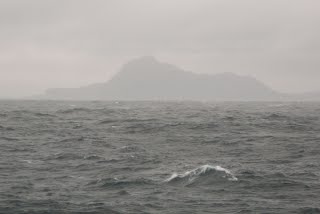
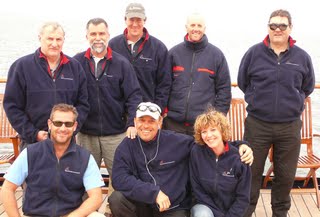
-730725.jpg)
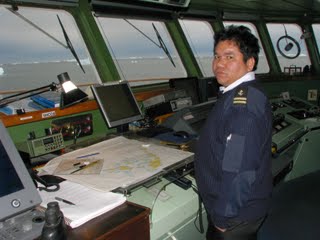
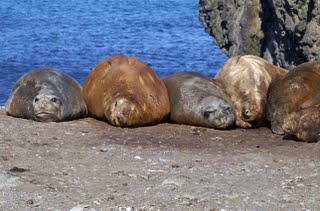
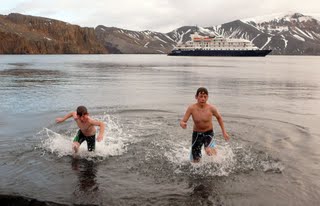
-717261.jpg)
-762110.jpg)
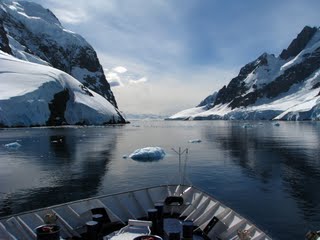
-794475.jpg)
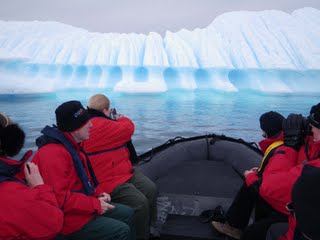
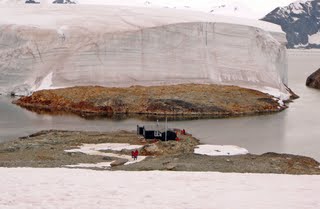
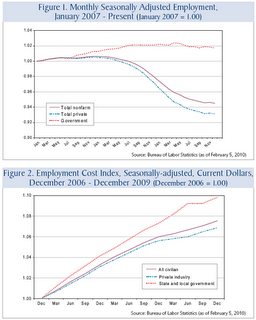
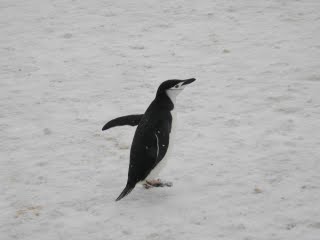
-720458.jpg)
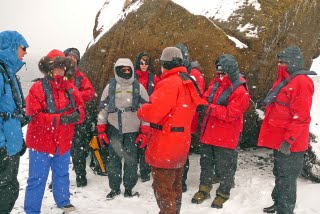
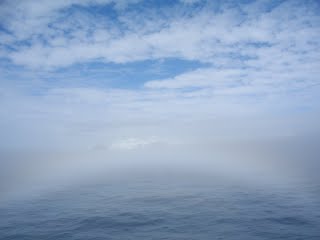
-704953.jpg)
-706042.jpg)
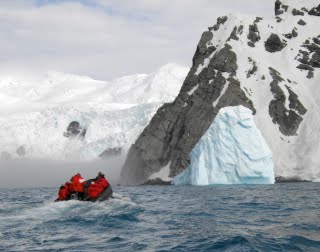
-778026.jpg)
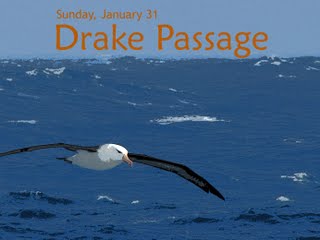
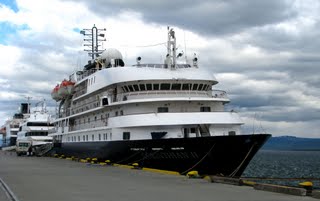
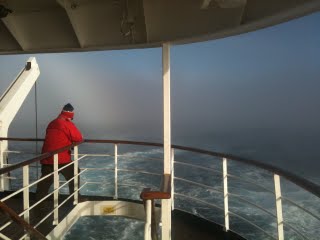

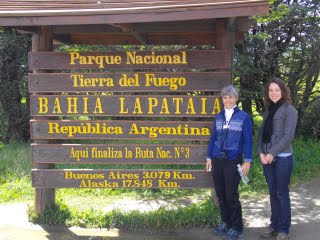
-702377.jpg)
